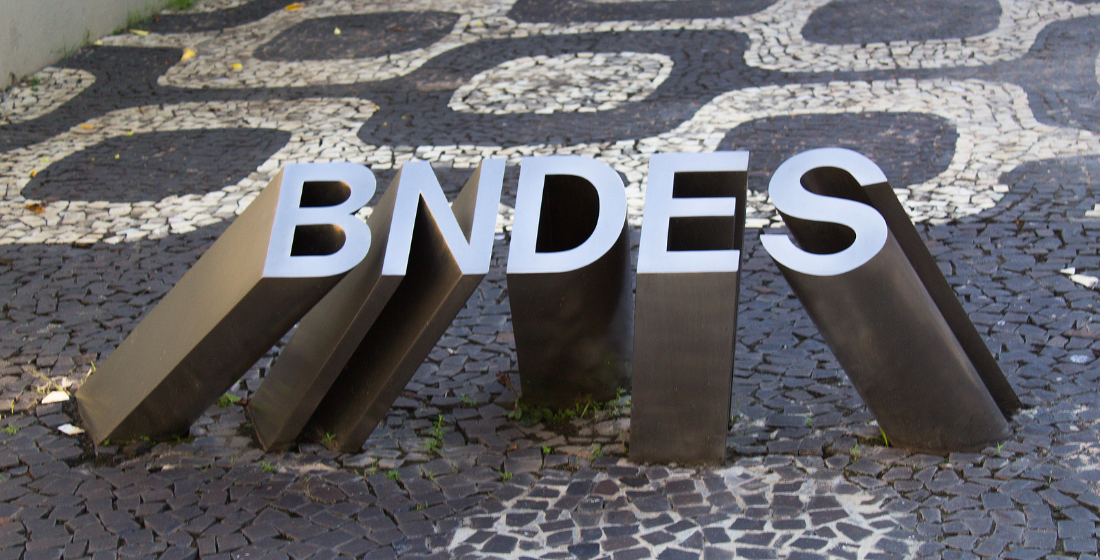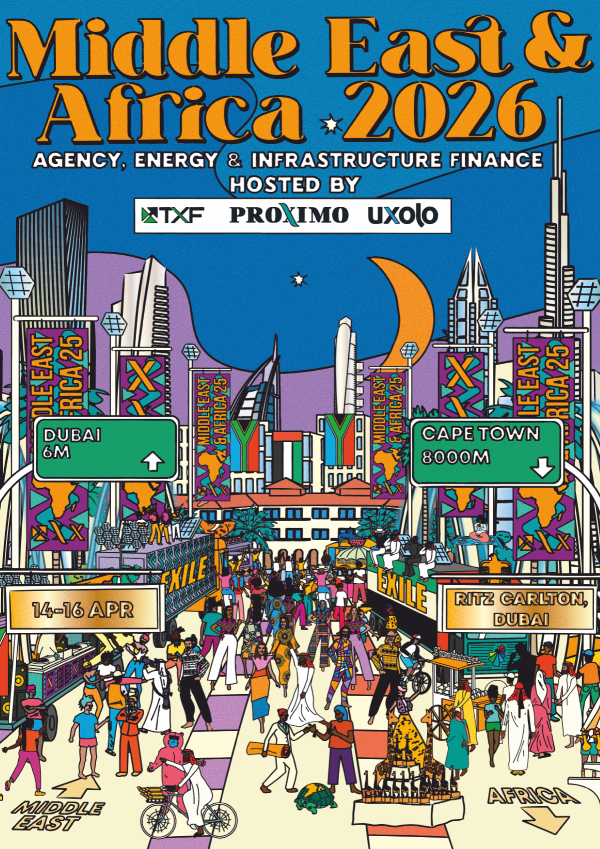BNDES: A little more like other DFIs
BNDES is shifting its mandate, with project origination and structuring now higher on the corporate agenda, as Brazil’s DFI looks to attract other sources of financing to the country.

Brazil’s development bank BNDES is often criticised for shrouding out private investors from project finance deals in Brazil. But now, BNDES’s top corporate strata want the bank to act more like other DFIs in attracting other sources of financing to the country instead of being the sole lender on large projects.
BNDES has been trying to reposition itself since the new administration took office this time last year, and the DFI recently said it will become a one-stop-shop for developing Brazil’s infrastructure, a sector seen as critical for economic recovery as it emerges from the Covid-19 pandemic.
According to Fabio Abrahao, managing director of infrastructure, concessions and PPPs at BNDES, sanitation projects are high on the infrastructure agenda, including the largest concession ever made in the country. The flagship project structured by BNDES is the privatisation of water and sewage distribution services in the metropolitan region of Rio de Janeiro, currently run by state-owned Cedae. The project, which will be split into four assets, will be auctioned in December this year.
And this is just one example of how the development bank plans to ramp up its role. At the centre of this new concept is the steep increase in project origination and structuring, something that the bank was not used to doing at large-scale. For that, the bank works closely with federal, state and city governments that are looking into structuring concessions, PPPs or privatisations.
The next step after origination and structuring are the auctions. BNDES helps governments on the procurement process itself and afterwards, even providing legal advice in case of any litigation.
Only after all of that comes the traditional role as a lender, where the bank remains active. Recent deals include, GNA II LNG, which benefitted from heavy BNDES’ involvement, as well as the Eco135 toll road, solely funded from BRL996.35 million ($243.9 million) of 23.5-year debt from BNDES to finance its 30-year concession.
Projects portfolio
The new profile of the bank has already started to translate into numbers. BNDES used to publicise how much it had committed as lender, whereas now its PR mantra amplifies the amount of investments required for the projects it is currently structuring – even though the bank is not necessarily the one that will finance them.
BNDES’s infrastructure portfolio has a requirement of around of $50 billion of investment, out of which some $10 billion is in the sanitation sector – the primary means of attracting investments into the country in the medium-term, after recent approval of a new regulatory framework.
The bank is currently structuring nine public lighting projects, eight sanitation concessions and PPPs, seven highways, two ports and seven projects from other sectors. Most are expected to be procured in the next two and a half years.
For toll roads, for example, the DFI is structuring the concession of around 20,000km, which will almost double the assets awarded to the private sector. Brazil currently has around 23,000km under private concession.
On the lending side, however, BNDES reached the peak of its credit operations in December 2015, when Brazil was heading to the bottom of its largest economic crisis. Since then, the credit portfolio passed from almost R700.1 billion to R458 billion in March 2020, a reduction of 34.5%.
Sanitation
“In our modelling for sanitation projects, no one is left behind. All municipalities are included,” says Abrahao, referring to the structure chosen for awarding sanitation projects. BNDES will bundle cities together, where larger and richer ones will be paired with smaller/poorer localities. This is to avoid less attractive regions failing to attract bidders and to ensure the projects will be financially sustainable.
Although, the key to financial health, according to the director, is the increase in efficiency in services provided. In water distribution, for example, the average losses in Brazil are around 40% due to theft of water, leaks, lack of charges and overall operational inefficiency. With 40% as an average, it means that some locations had losses reaching up to 70%.
BNDES currently has eight sanitation projects being structured, with auctions due at the end of the year and throughout 2021. The projects include the Alagoas and Rio de Janeiro water and sewage distribution projects, with a capex of $1.1 billion and $6.2 billion respectively. Other water and sewage concessions will be tendered out in 2021, inlcuding Acre (Q1 2021), Amapa (Q1 2020), Rio Grande do Sul, (q2 2021) Porto Alegre (Q2 2021), and Ceara (Q3 2021).





